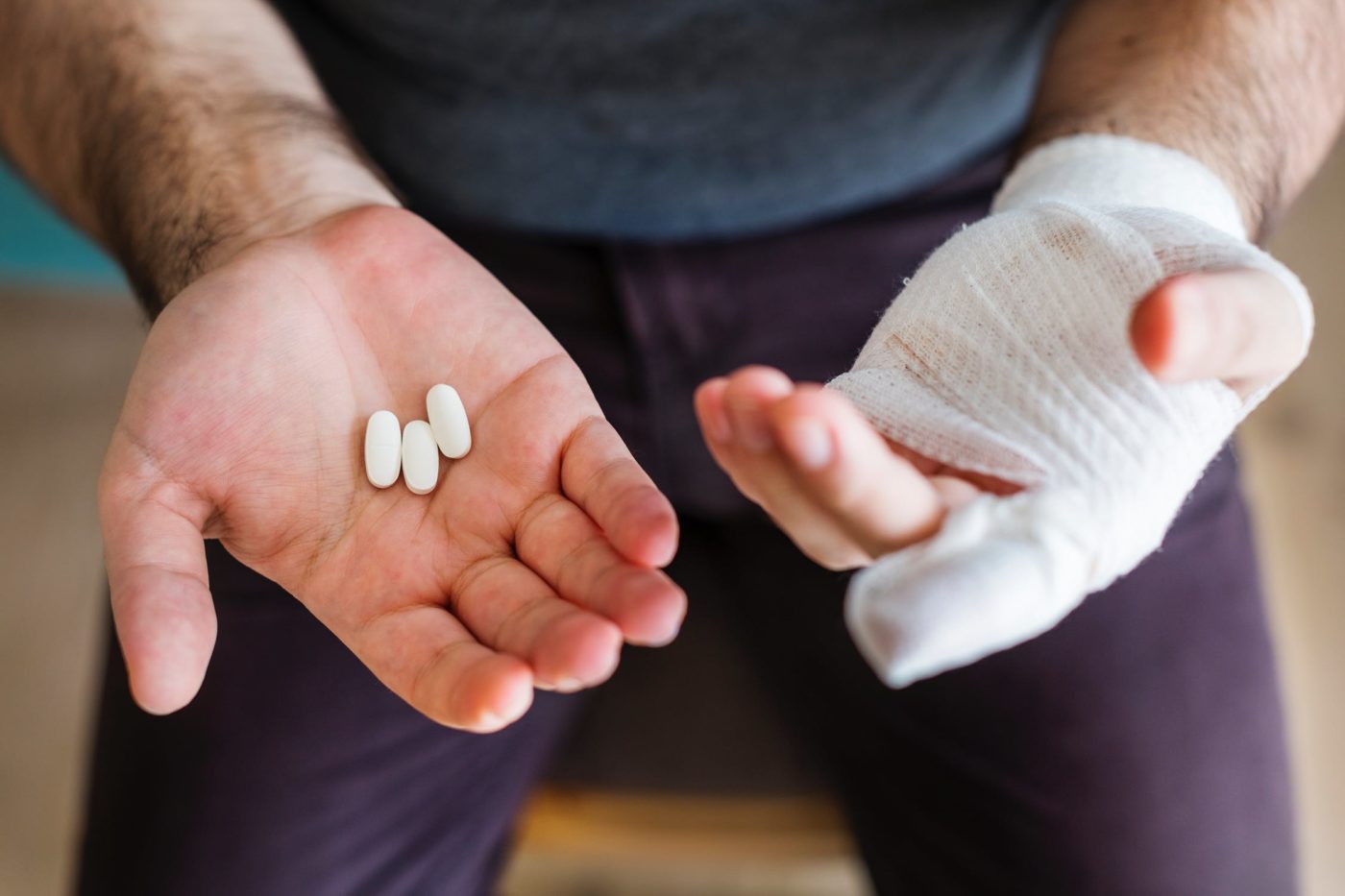
The American Opioid Epidemic
The American opioid addiction epidemic did not stem from one single factor; over the past three decades, a number of reasons contributed to the HHS declaring a public health emergency in 2017; the HHS, or The Department of Health and Human Services, released a 5-point strategy after declaring this emergency to combat this growing threat to the American public. The five main points included:
-Safer prescribing for opioid medications in the use of pain management
-More support for research-based solutions towards pain management and addiction
-Increased public health surveillance
-Promotion of the education and use of life-saving drugs that can help reverse an overdose
-Better access to recovery and treatment services for the American public
The Trump administration also stated that they would target criminal drug-trafficking organizations based on the lethality of the drugs they peddle; fentanyl and carfentanil are strong enough to kill a person with one hit; carfentanil is estimated to be 10,000 times more powerful than morphine, and 100 times stronger than fentanyl (fentanyl being much stronger than morphine or heroin). A hit smaller than the size of a penny can lead to a fatal overdose.
Reasons for the Opioid Epidemic
Back in the mid-to-late 1990’s, enormous drug companies heavily promoted the use of opioid pain medication to healthcare professionals and the American public. This made the pharmaceutical companies responsible for the mass production of painkillers obscenely rich. These companies convinced healthcare professionals that these medications were indeed non-addictive and safe for the treatment of pain conditions that did not necessarily require opioid medication therapy. This led to the widespread use and misuse of pain management medication across the country.
Today, nearly 140 people – in America alone – die every day from opioid-induced overdoses. It is estimated that more than 2 million people have an opioid use disorder, with over 2 million people misusing pain medication for the first time each year. Since 2013 to 2017, fentanyl overdoses have climbed steadily (from 3,000 a year to 28,000 a year), with more than 220,000 people dying from prescription opioid overdoses from 1999 to 2018. The numbers are startling and especially scary if you know a loved one that suffers from opioid addiction.
Another reason why the use of street drugs such as fentanyl and heroin are on the rise is due to the past over-prescription of opioid painkillers. The majority of current heroin users first started on prescription opioids: when their prescription ran out, they turned to the black market for their fix. The reassurance from the opioid manufacturers that these drugs were non-addictive (which is the furthest thing from the truth) has resulted in a resurgence of heroin users, addicts, and criminal organizations looking to cash in.
Rochester Drug Co-Operative Former CEO Arrested
Speaking of criminality, the former CEO of Rochester Drug has recently been indicted on two counts of conspiracy and drug-trafficking; this prosecution is the first of its kind, as no major opioid manufacturer has been held responsible for the opioid epidemic that is currently ravaging America. According to the prosecution, from 2012 to 2016, Laurence Doud III directed his employees to purposefully turn a blind eye towards suspicious orders of their opioid medications. Doud is charged with unlawfully distributing the powerful opioid medications fentanyl and oxycodone, both of which are comparable or stronger than heroin. The internal compliance office or Rochester Drug flagged 8,300 orders that were deemed as suspicious during 2012-2016, yet only 4 were reported to the U.S. Drug Enforcement Agency.
Treatment for Opioid Addiction
America is finally starting to come to terms with the staggering amount of damage that opioids are capable of, and the powers that be are finally taking notice. The Rochester case will not be the last, as more than 1,600 lawsuits are currently in litigation against major drug manufacturers Purdue Pharma and others. Recently, federal prosecutors charged 60 licensed healthcare professionals across multiple states for illegally distributing (“prescribing”) more than 32 million opioid painkillers.
At Recovery Care Partner, our mission is to help Americans recover from substance abuse. Living a healthy and stable life is possible if an individual gets the right medical attention and care. We work with addicts throughout the recovery process, from intervention to post-rehab coaching and care. If you or a loved one has been affected by the opioid epidemic, visit our contact page or call Recovery Care Partner at (855) 727-2887 today.
Table of Contents








